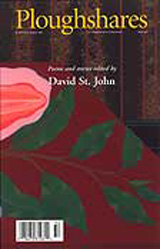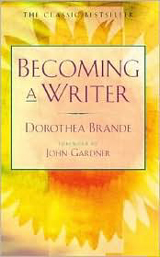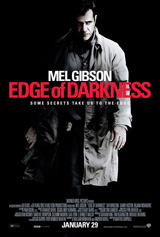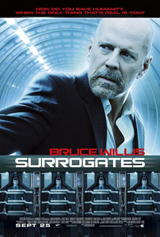photo credit: Craig Schwartz
Other than a vague impression that it was a musical, I knew little about Pippin as I took my seat at the Mark Taper Forum in downtown Los Angeles Tuesday night. A season ticket holder to the theater, I don’t so much select productions to see as show up at the appointed date and time. That was the case this week as well, although a gentleman near me filled in his companion and everyone else within earshot the details about the 1972 Stephen Schwartz musical.
He probably had never seen a production like this joint venture between the Center Theatre Group and Deaf West Theatre, which integrates a cast of deaf and hearing actors. The approach may seem counterintuitive at first—tasking actors who can’t hear to sing and dance—but ultimately proves a natural fit. Musicals are, after all, largely about movement, and done right, as it is here, signing compliments choreography.
Some characters, like the Leading Man (a fantastic Ty Taylor) both sing and sign. Pippin is actually played by two actors (Michael Arden and Tyrone Giordano), one who speaks and one who signs. This works particularly well when the two selves argue, illustrating visually Pippin’s inner conflict. Other roles, like King Charles, are portrayed by one actor who signs (Troy Kostur) but are voiced by another actor offstage (Dan Callaway). Overall the incorporation of all of these players is seamless.
The play itself, though, I found uneven and kind of strange.
Set in Medieval France during the reign of Charlemagne, the eponymous prince has just completed his education with the ambition to live an extraordinary, completely fulfilled life. He’s not quite sure how to do this, though, so he convinces his father, King Charles, to let him go to the war against the Visigoths. Battle is not as glorious as he imagined, however, and he returns home disillusioned by the experience.
Next, taking the advice of his saucy grandmother, Pippin decides to live it up, and embarks on a series of sexual encounters that culminate in an onstage orgy. When he has enough of that, he vows to fight tyranny, assassinating his father and taking the throne only to realize the challenges of governing a nation and turning into a tyrant himself.
Finally, Pippin finds himself on the rural estate of the widow Catherine and her adolescent son Theo—the details of this journey remain sketchy—and, through hard farm work and a dead duck, falls in love with her. After a year, though, he asks himself whether this, too, is enough and leaves.
Now, there’s a meta level at work here that I’ve yet to discuss, a Leading Player who orchestrates these goings-on against a magic-show theme. Characters go off-script, as when Catherine actually falls in love with Pippin, rather than just playing her part in the play, and inserts her own ballad.
The finale, too, has been written for Pippin—the Leading Player has arranged for him to finally be extraordinary by going out in a blaze of glory. Literally—Pippin is to be burned alive in a glass box. When Catherine and Theo arrive, the star of the show changes his mind, however, and the Leading Player takes offense, stripping him of the lights, costumes, makeup, even his voice, directing the speaking half of the role to be carried kicking and screaming off the stage.
What strikes me as so odd about this ending—even odder than Pippin’s steroidal half-brother Lewis, who appears in a ’70s-era blond mullet and shiny leotard—is that it seems to be advocating for settling. The message I took away isn’t that Pippin finally found the complete fulfillment he sought in domestic bliss with Catherine and Leo—which may, indeed, have been the intended point—but that he gave up his dream for an extraordinary life and settled for less. Indeed, his choice isn’t celebrated by the players but punished.
As an artist, I find it hard to accept that rather than continuing to strive for the extraordinary and for fulfillment, I should scale back my ambition and resign myself to ordinariness.
Fans of the show surely will protest this reading. I’d love to hear your take.
Caught in the ’Net
Booktrust names Patrick Ness its online writer-in-residence. He’ll be blogging and sharing writing tips from cyberspace.
Harness technology to improve your writing with Twitter and these ten other resources.
Boost your productivity with intolerance.






















